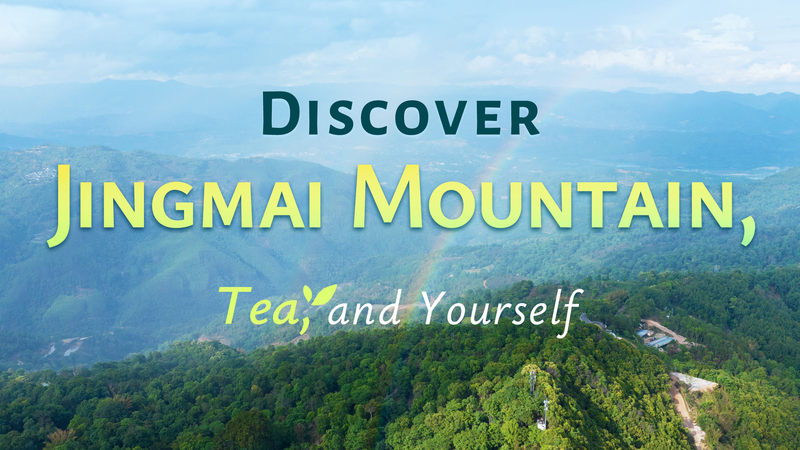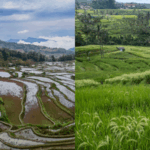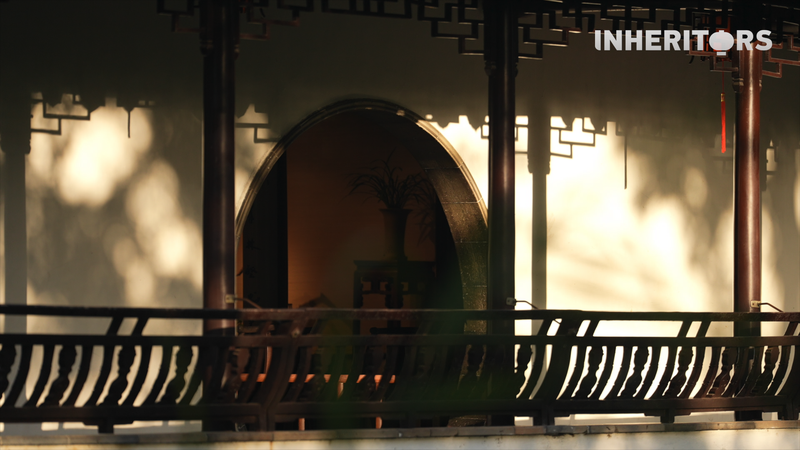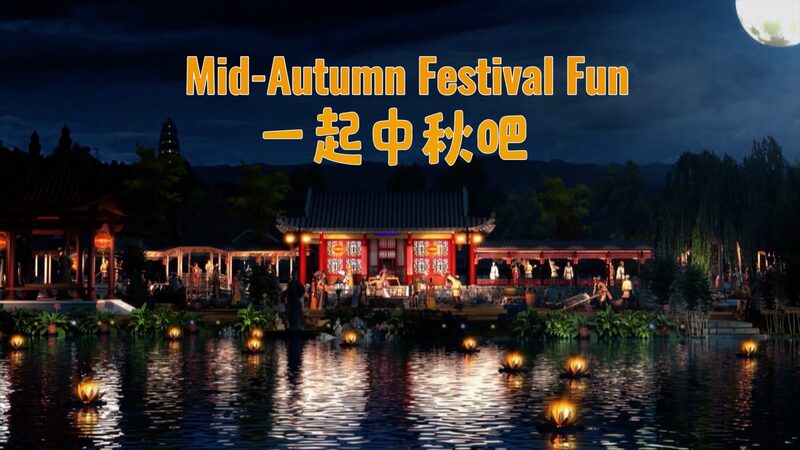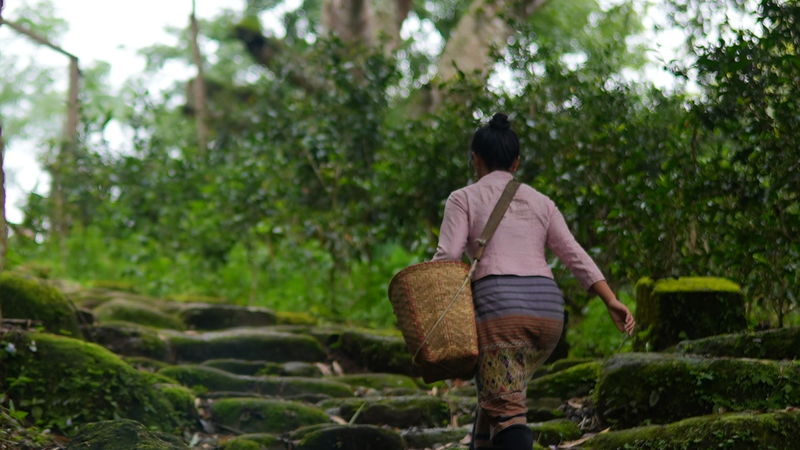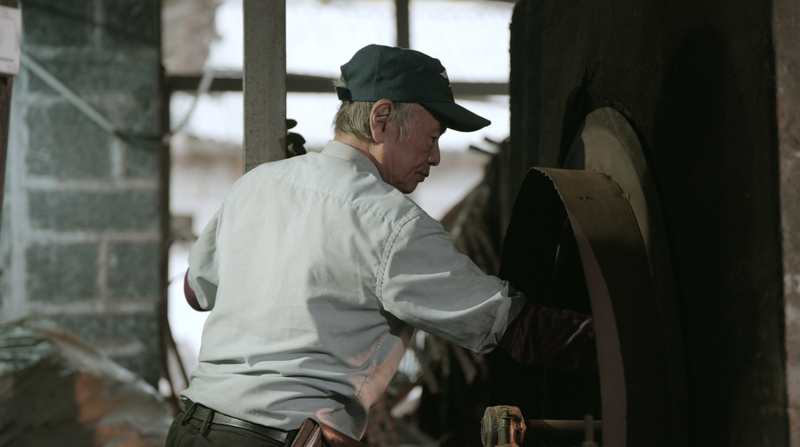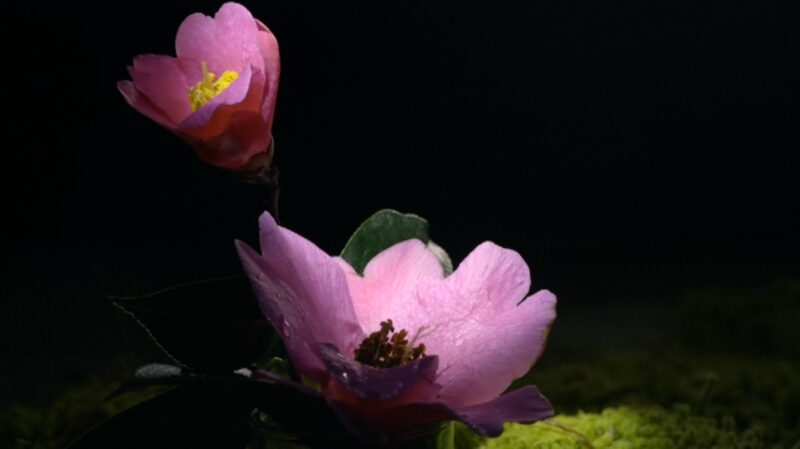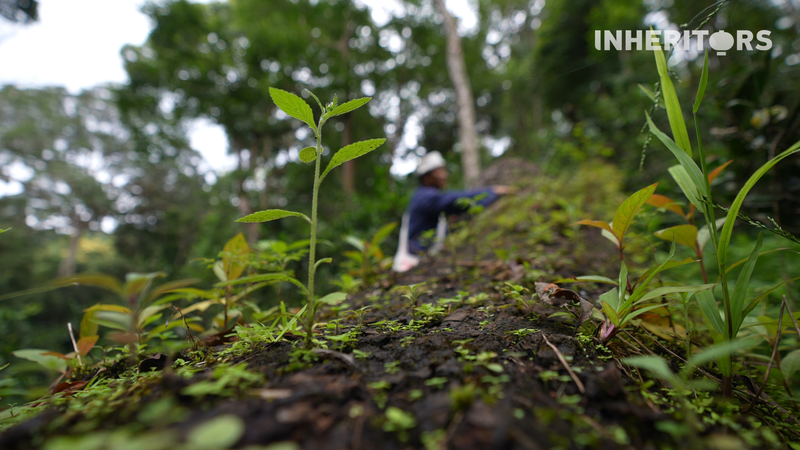Nestled in the misty highlands of Yunnan, Jingmai Mountain emerges as a sanctuary where time slows and traditions thrive. Recognized as a UNESCO World Cultural Heritage site, its ancient tea forests and stilted villages offer a rare glimpse into a harmonious coexistence between humanity and nature that has endured for over a millennium.
Each May, sunlight pierces through towering trees older than dynasties, illuminating terraced tea gardens cultivated by generations of local families. Villagers meticulously roast leaves using techniques passed down through centuries, their laughter mingling with the earthy aroma of fermenting pu'er. At dusk, communal bonfires spark spontaneous dances, while tea pavilions host travelers for impromptu ceremonies – a ritual of hospitality as rich as the brew itself.
For business professionals and cultural explorers alike, Jingmai presents more than scenic vistas. The mountain's sustainable tea economy demonstrates how ecological preservation and economic vitality can intertwine, offering lessons for sustainable development models. Academics study its unique agroforestry system, while diaspora visitors reconnect with ancestral agricultural wisdom.
As global interest in mindfulness tourism grows, Jingmai's invitation to 'rediscover yourself through tea' resonates powerfully. The region's upcoming cultural festivals this May promise hands-on workshops in tea processing and ethnic Blang community storytelling sessions – opportunities to engage deeply with Asia's living heritage.
Reference(s):
cgtn.com
